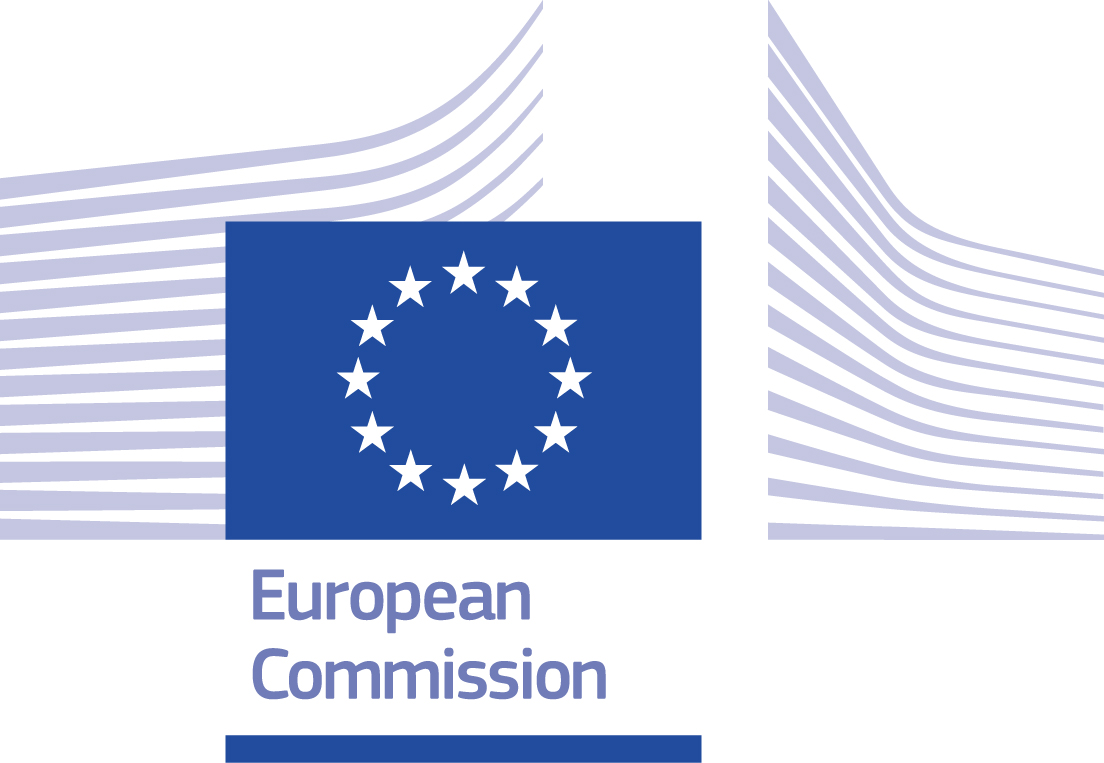Anthony Pym

His recent research focuses on the creation of trust through many forms of translation, particularly in healthcare communication.
Keynote speech
Virality, isolation and deepening divides could be parts of the world as seen by a translation scholar on a bad day. For each of those terms, one can muster sufficient anecdotes and surprising tendencies to justify blaming huge hidden forces for unleashing evil on us all. Such narratives easily drift into certainties of conspiracy and calls for resistance – or indeed despair and renouncement. Alternatively, one could admit that no individual is able to see all the data that could justify such generalizations; alternative anecdotes and facts are always available; causation and corresponding guilt are typically complex; and our research must thus begin from active recognition of our initial ignorance. It is thus from an actively recognized uncertainty that we need to act empirically, assuming from the outset that our object of knowledge, translation, exceeds its theorization. This paper will explore empiricist responses to some of the more desperate claims currently made with respect to translation: espistemicide, hegemony, and automation. It will outline ways in which knowledge can be produced without assuming any general certitude, without requiring neutrality or objectivity, and with a chance of helping to solve the problems that confront us all.
Our Sponsors
If you’re interested in sponsoring TIC 2023, please contact us for more information. We’re on hand to create a package that meets your needs, so do not hesitate to get in touch at: registration@tic-conference.eu.
VEGA 2/0092/23 Translation and Translating as a Part of the Slovak Cultural Space History and Present. Transformations of Form, Status and Functions: Texts, Personages, Institutions.
VEGA 1/0202/21: Reflexia kognitívnych a osobnostných charakteristík v tlmočníckom výkone študentov PaT a profesionálov v reálnom a virtuálnom prostredí (Reflection of Cognitive and Personality Traits in the Interpreting Performance of T&I Students and Professionals in Real and Virtual Environment).
VEGA 2/0009/23 Kreatívne experimenty s textom v perspektíve kritického posthumanizmu: básnická, umelecká a prekladová prax v slovenskej kultúre v medzinárodných súvislostiach/Creative Experiments with Text from the Perspective of Critical Posthumanism: Poetic, Artistic and Translation




